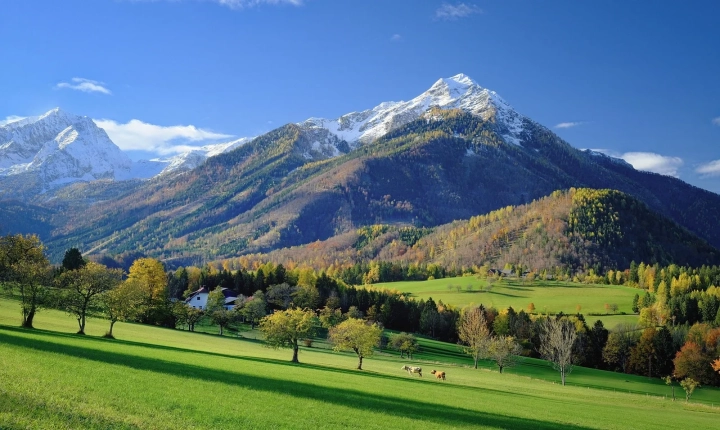Title: The Intersection of CGI and AI: Revolutionizing Movie-Making
Computer-generated imagery (CGI) has become an integral part of the modern movie-making industry, allowing filmmakers to create stunning visuals and breathtaking scenes that were once unimaginable. However, the use of artificial intelligence (AI) in CGI has the potential to revolutionize the way movies are made, making the process more efficient, cost-effective, and innovative.
CGI has been around for decades, and its use has steadily increased with technological advancements. Traditionally, CGI has been primarily created by skilled animators and visual effects artists who painstakingly craft each frame of a movie. However, AI has started to play a significant role in the creation of CGI, offering new possibilities and efficiencies in the industry.
One of the most significant applications of AI in CGI is in the creation of realistic characters and creatures. AI algorithms can analyze and mimic the movements, behaviors, and expressions of real-life subjects, allowing for the creation of CGI characters that are indistinguishable from real actors. This technology has been used in recent blockbuster films to bring to life fantastical creatures and characters, adding a new level of realism and immersion to the storytelling.
Moreover, AI has also been used to streamline the CGI production process, making it more efficient and cost-effective. By automating certain aspects of CGI creation, AI can reduce the time and resources required to produce high-quality visuals, allowing filmmakers to focus on the creative aspects of movie-making rather than the technical details.
Furthermore, AI has the potential to revolutionize the way CGI is used in storytelling. For example, AI can analyze audience preferences and behaviors to tailor CGI elements to specific audiences, creating a more personalized and immersive viewing experience. Additionally, AI can generate new and creative visual concepts that may not have been possible through traditional CGI techniques, sparking new levels of creativity in filmmaking.
However, the use of AI in CGI also raises important ethical and creative questions. As AI becomes more integrated into the CGI production process, there are concerns about the potential loss of jobs for traditional animators and visual effects artists. Additionally, there are questions about the impact of AI-generated CGI on the artistic and creative integrity of movies, as well as the potential for AI to perpetuate biases and stereotypes in visual storytelling.
In conclusion, the use of AI in CGI has the potential to revolutionize the movie-making industry, offering new possibilities for visual storytelling and production efficiency. However, it is crucial for filmmakers and industry professionals to consider the ethical and creative implications of integrating AI into CGI production. As technology continues to advance, the intersection of CGI and AI will undoubtedly shape the future of movie-making, opening up new frontiers in visual storytelling and creativity.
